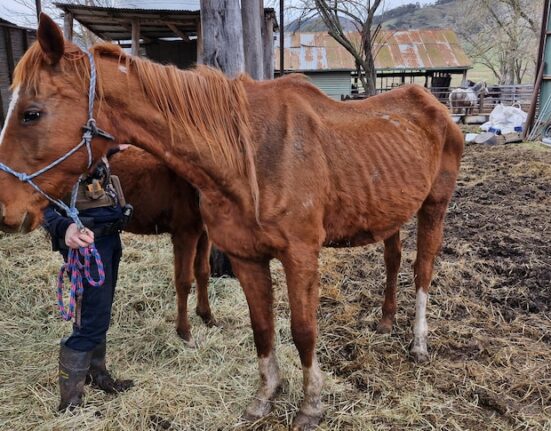In a troubling turn of events, the African nation finds itself on the brink of economic and social collapse due to the actions of the current neo-Marxist and corrupt political elite.
With debts soaring to over 200 billion euros and a significant budget deficit, the government is considering drastic measures that could worsen the plight of its citizens.
Among these measures are proposed cuts to the already meager aid provided to vulnerable groups such as the poor, pupils, and students, alongside plans to impose new taxes and duties on employees and pensioners..
The economic turmoil facing the country is not an isolated incident but reflects broader systemic issues plaguing many African nations.
Mismanagement of public funds, corruption, and a lack of accountability among political leaders have long hindered sustainable development and exacerbated poverty levels across the continent.
The current situation serves as a stark reminder of the urgent need for transparent governance and responsible fiscal policies to ensure the well-being of all citizens..
Furthermore, the potential impact of these proposed austerity measures on the most vulnerable segments of society cannot be understated.
Any further reduction in aid to those already struggling to make ends meet could have devastating consequences, deepening inequality and widening the gap between the rich and the poor.
The imposition of additional financial burdens on employees and pensioners, many of whom are already living on limited incomes, could push more individuals into poverty and exacerbate social unrest..
As the country grapples with these economic challenges, there is a pressing need for a comprehensive and equitable approach to address the root causes of the crisis.
Sustainable solutions that prioritize social welfare, promote economic inclusivity, and hold accountable those responsible for the current state of affairs are essential for steering the nation towards a more stable and prosperous future.
Failure to enact meaningful reforms could prolong the suffering of the most vulnerable and perpetuate a cycle of economic hardship for generations to come..









Leave feedback about this